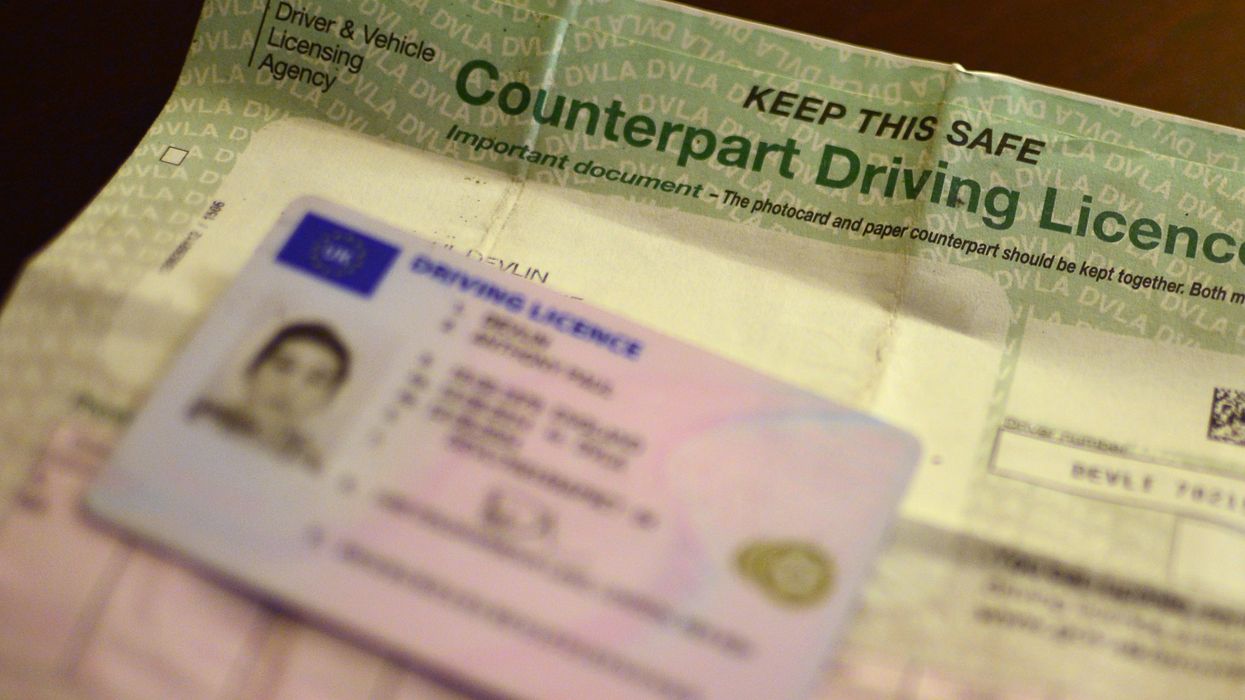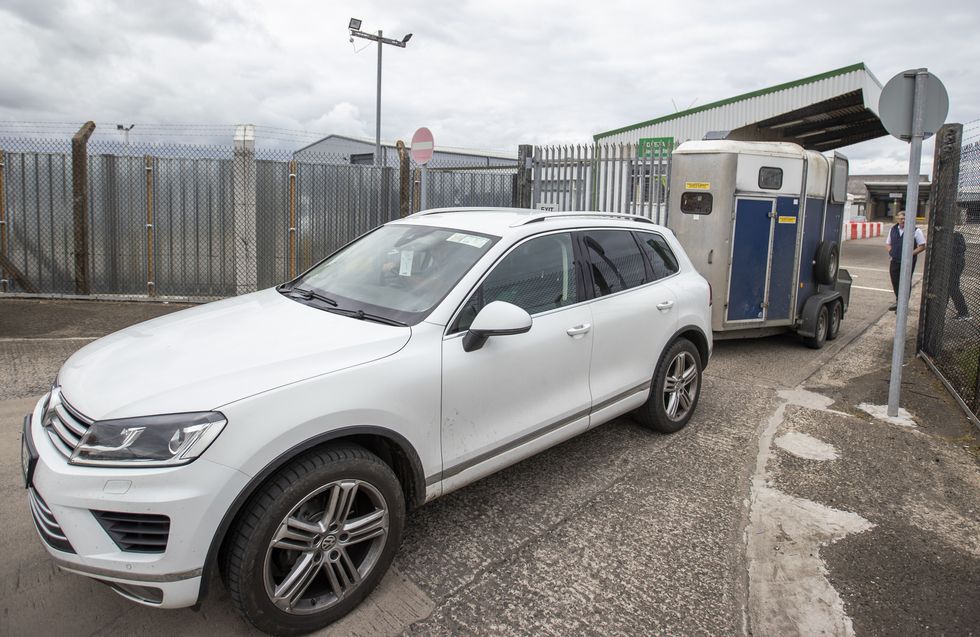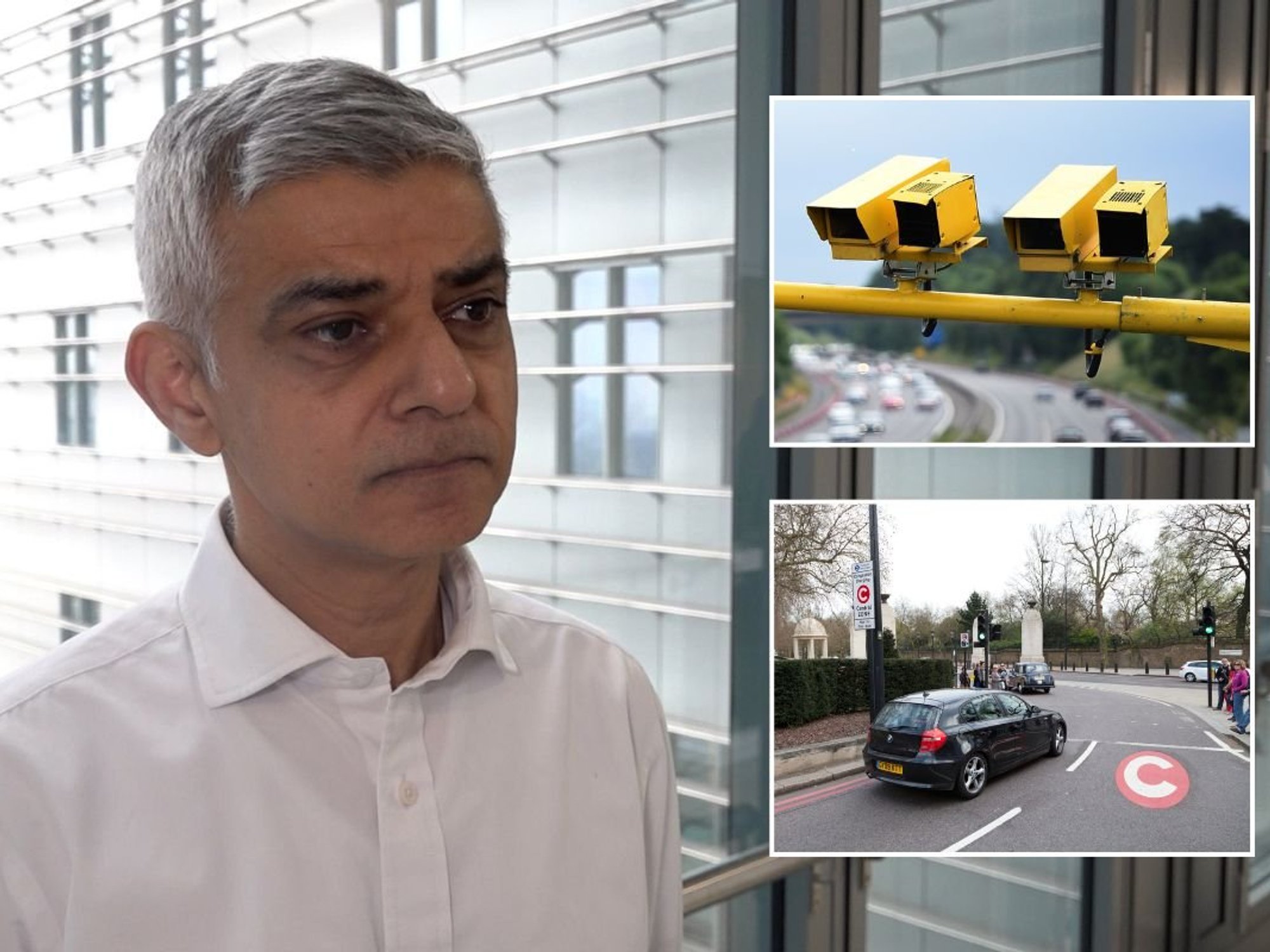New driving licence changes set to be introduced could have major impact on UK motorists

Driving licence changes could be rolled out soon
|PA

The consultation ran from August until the start of October last year
Don't Miss
Most Read
Latest
The Government has published the results of a consultation which could have a huge effect on owners of electric cars and Britons with driving licences.
A consultation was launched in August 2022 to seek views on potential changes to driving licence flexibility for “alternatively-fuelled” vans and other vehicles of similar weight.
Current licence flexibility rules state that drivers can operate slightly heavier goods vans than the typical weight entitlement, to allow for the additional weight of the battery or other cleaner power system.
All UK drivers with the Category B licence can drive alternatively-fuelled goods vans with a maximum authorised mass (MAM) of 4,250kg, above the standard 3,500kg entitlement.
WATCH NOW: Mike Parry on electric vehicles
Any motorist wanting to transport goods above this weight must have a Category C or C1 driving licence.
This usually requires additional costs for the driver, like further training and testing, medical exemptions and a driver certificate of professional competence (DCPC).
With the conclusion of the consultation, the Government has proposed a number of new measures to adhere to the responses.
This includes amending legislation to remove the training requirement and expand the flexibility to all eligible vehicles.
It will also allow an alternatively-fuelled vehicle to tow an equal amount to any equivalent internal combustion engine vehicle.
This will only apply to Great Britain only and will only allow zero emission vehicles to access the flexibility.
Driving licence policy is devolved in Northern Ireland, with officials engaging regularly with the Department for Transport on these matters.
The majority of drivers supported only offering the licence flexibility to zero emission vehicles.
The list of alternatively-fuelled vehicles included electricity, natural gas, biogas, hydrogen and hydrogen-electric hybrid.
According to the report: “The Government will legislate to only allow zero emission vehicles to access the licence flexibility.
“This will ensure regulations are supporting the cleanest vehicles in line with our decarbonisation objectives.”
The current flexibility for alternatively-fuelled vehicles which weigh between 3,500kg and 4,250kg does not allow Category B licence holders who passed their test after January 1, 1997, to tow a trailer.
It is believed that this is putting people off from buying zero emission vehicles, particularly if they want a towing car or van capable of towing trailers and caravans.
Zero emission vehicles which were developed more recently have the capability to tow large weights, with respondents saying the policy changes are necessary to reflect that.
LATEST DEVELOPMENTS:

The new policy changes could make it easier for AFVs to tow trailers and caravans
|PA
Almost three quarters (72 per cent) of consultation respondents were supportive of the 7,000kg limit for vehicle and trailer combinations.










